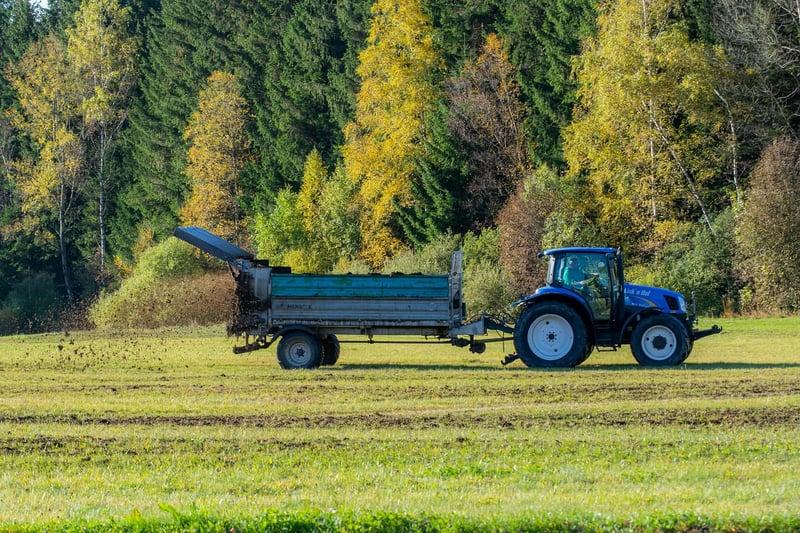Fertilizing Schedule
Keep Your Garden Thriving with a Proper Fertilizing Schedule
Having a lush and vibrant garden requires more than just watering your plants regularly. Fertilizing plays a crucial role in providing essential nutrients to your plants, ensuring they grow healthy and strong. By following a proper fertilizing schedule, you can keep your garden thriving throughout the year.
Understanding Fertilizers
Before creating a fertilizing schedule, it's essential to understand the different types of fertilizers available:
- Organic Fertilizers: Derived from natural sources, such as compost, manure, or bone meal.
- Synthetic Fertilizers: Manufactured chemical fertilizers that provide specific nutrient ratios.
- Slow-Release Fertilizers: Releases nutrients gradually over time, reducing the need for frequent applications.
Creating a Fertilizing Schedule
Developing a fertilizing schedule depends on factors such as the type of plants, soil quality, and climate. Here are some general guidelines to help you create a schedule:
- Early Spring: Apply a balanced fertilizer to promote overall plant growth as they start to emerge from dormancy.
- Mid-Spring to Early Summer: Use a fertilizer higher in nitrogen to encourage leafy growth and green foliage.
- Late Summer to Early Fall: Switch to a fertilizer with higher phosphorus and potassium to promote root development and flower/fruit production.
- Fall: Apply a slow-release fertilizer to help plants prepare for the winter months.
Best Practices for Fertilizing
Here are some additional tips to keep in mind when fertilizing your garden:
- Always follow the recommended dosage instructions on the fertilizer packaging.
- Water your plants before and after fertilizing to prevent root burn.
- Avoid fertilizing during extreme weather conditions to prevent nutrient leaching.
- Consider conducting a soil test to determine the specific nutrient needs of your plants.
Conclusion
By following a consistent fertilizing schedule and using the right type of fertilizers, you can ensure that your garden remains healthy and vibrant throughout the year. Remember to observe your plants regularly and adjust your fertilizing routine as needed to meet their changing needs.

Happy gardening!
